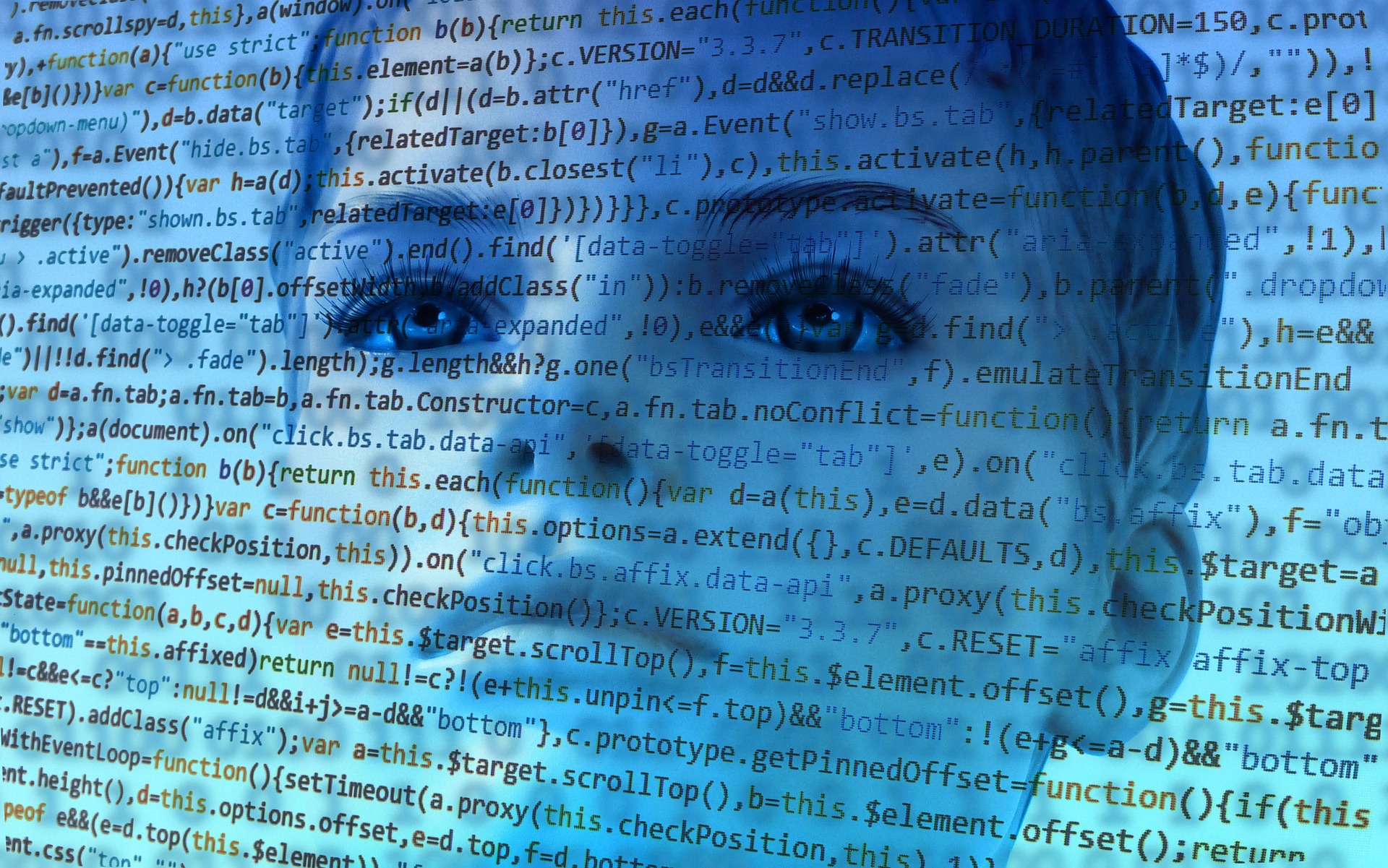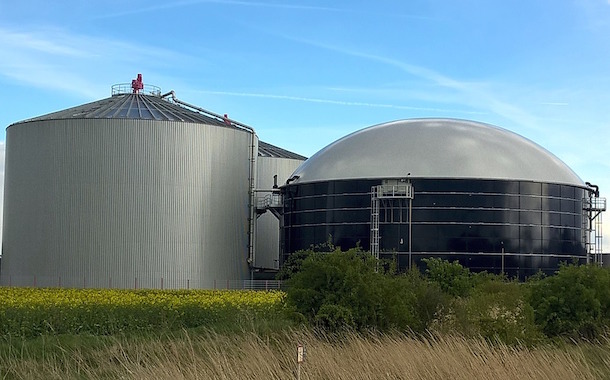-
Let’s pause for thought about AI
Alan Stevenson | May 18, 2020For specific tasks from language recognition to self-driving cars, narrow artificial intelligence is progressing rapidly, perhaps too quickly for scientists to understand it. The creation of broad AI, which outperforms humans in every task, may create as many risks as it solves problems.
-
Gods, microbes and men
Alan Stevenson | March 15, 2020Iran’s disastrous initial response to the coronavirus outbreak could lead to thousands more deaths, and highlights the problems caused when religion has undue influence over politics.
-
My world is not your world
Alan Stevenson | February 8, 2020While we assume we experience the same unfiltered and objective reality, our senses and brains combine to make sense of the world around us from birth in very complex – and individual – ways.
-
7.8 billion is the loneliest number
Alan Stevenson | January 28, 2020There are more people on Earth than ever before, most of us living in teeming cities. Yet, despite the devices which theoretically connect us to everyone else, loneliness is a growing problem. The answer lies with us.
-
The genius – and madness – of advanced AI
Alan Stevenson | October 13, 2019Multi-agent artificial intelligence (MAAI) can be used to model the social, health and economic effects of possible scenarios and improve social planning, however technology can also be misused by those with the power to control it.
-
Climate change drives global political and religious strife
Alan Stevenson | August 12, 2019Based on information obtained from National Centre for Climate Restoration in Melbourne, Alan Stevenson outlines the threat which climate change poses to vulnerable nations around the world, and its role as a catalyst in terrorism and political instability.
-
A Ministry of Loneliness?
Alan Stevenson | November 14, 2018Loneliness is an increasing social problem despite, or because of, the increasing population density of our cities and our reliance on social media. Would the creation of a ‘Ministry of Loneliness’ signal society’s intention to take this problem more seriously?
-
It’s time to step back from privacy paranoia
Alan Stevenson | October 27, 2018Alan Stevenson argues that individuals’ concern about privacy protection is hampering the benefits which more digital services, such as the new MyHealth record, can bring to the whole of society.
-
Energy from waste – the rise of biogas
Alan Stevenson | February 1, 2018Could biogas be the answer to excessive food wastage in Australia, not to mention an opportunity to decrease the use of fossil fuels? Alan Stevenson ponders the benefits of biogas from anaerobic digesters.
-
Use it or lose it – the ageing activist
Alan Stevenson | December 8, 2017Engaging in community work after retirement, leads to great benefits for both the volunteer and society. After many years working in the computer industry, Alan Stevenson decided to share his knowledge. He explains both the challenges and the rewards he has faced, teaching an ageing population.
-
Deep Thought – Artificial Intelligence
Alan Stevenson | November 1, 2017A computers ability to learn is increasing quickly, however computer logic and human logic are not one and the same. Alan Stevenson considers what this means for society.
-
Truth – easy come, easy go
Alan Stevenson | October 5, 2017We tend to believe that we are logical and scientific in our approach to the world around us, but are we really able to control our bias? Alan Stevenson questions whether we are able to overcome a lifetime of conditioning and see the ‘truth’.













